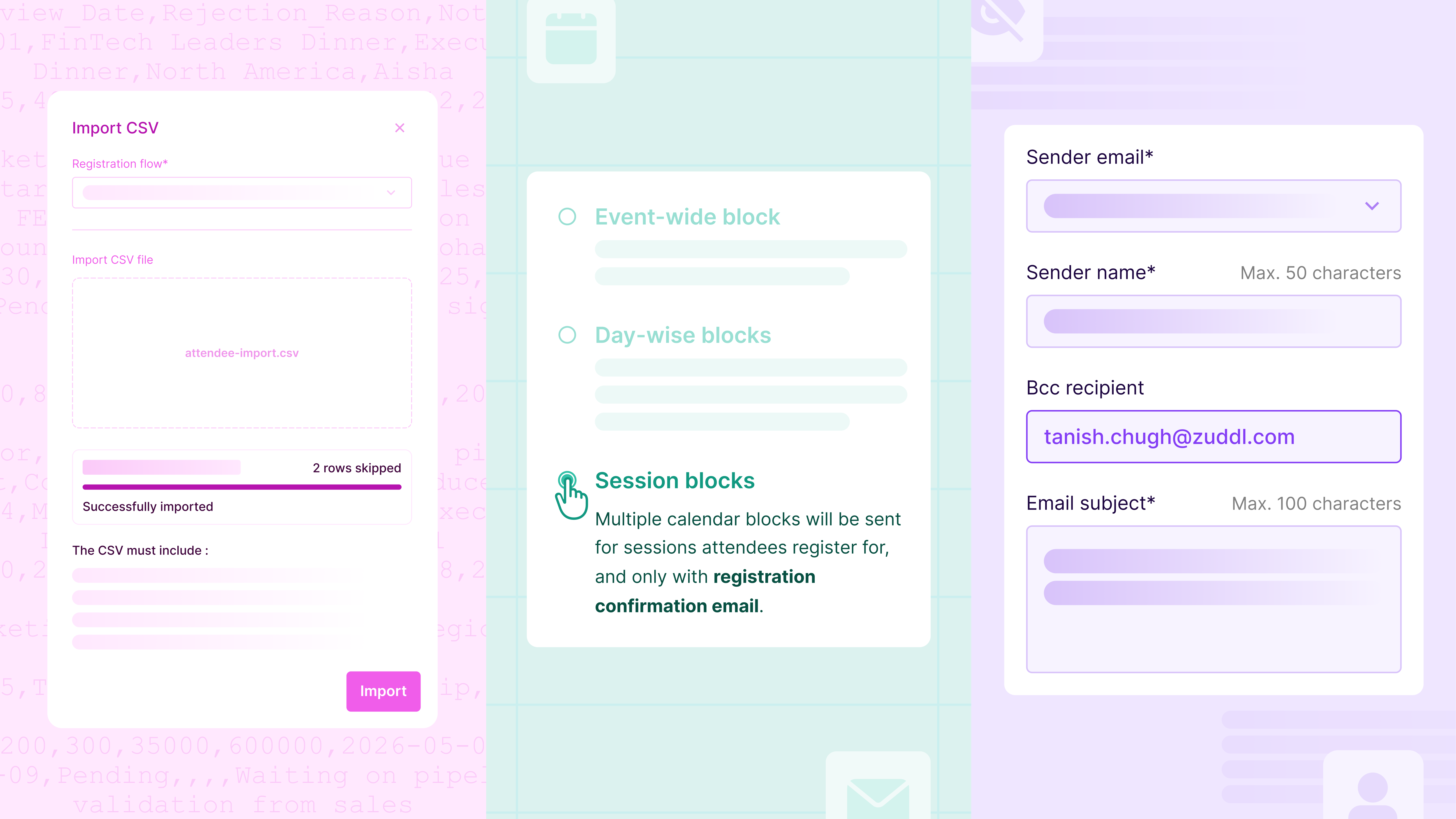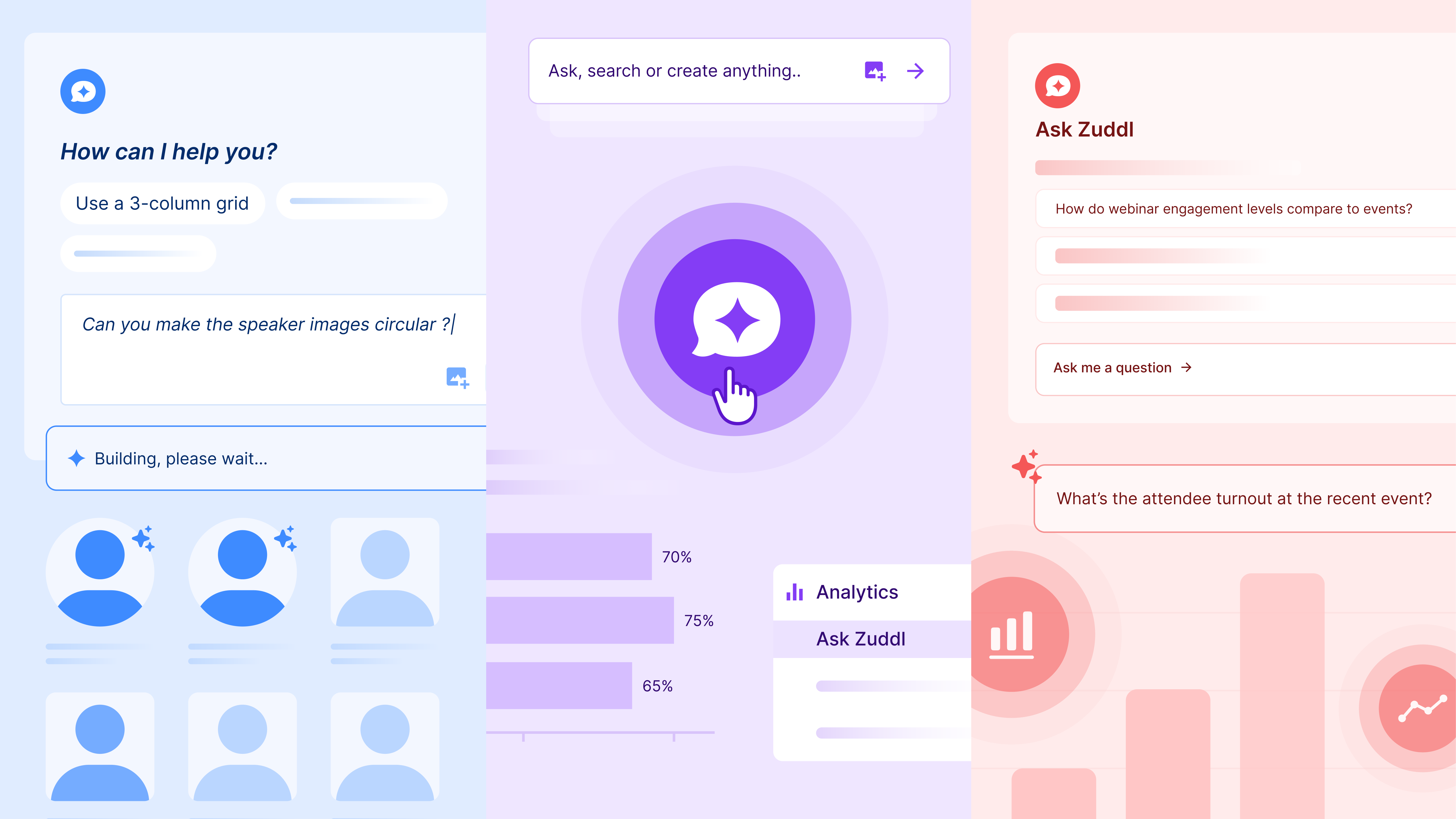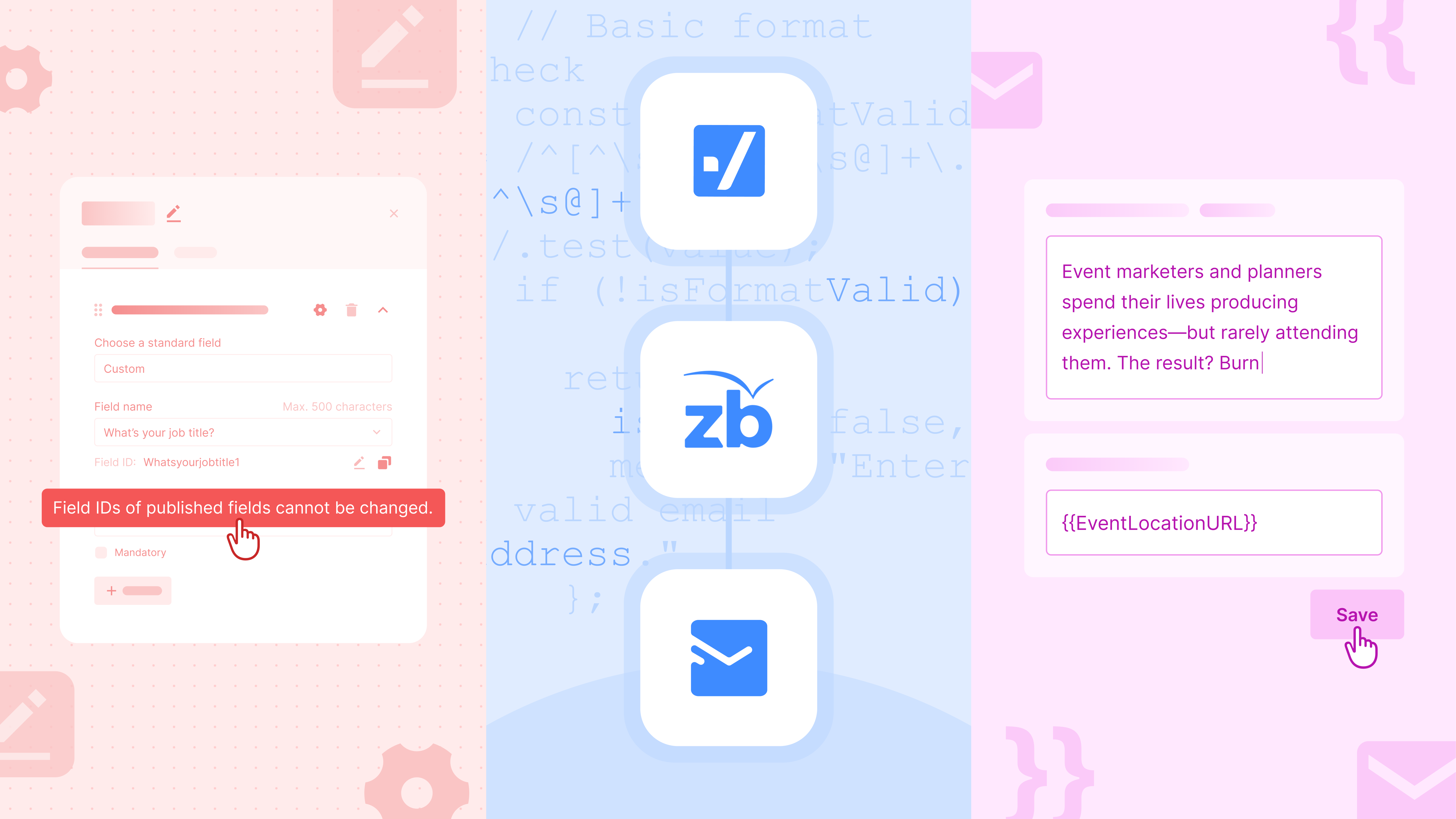Over the past few years, virtual and hybrid events have become a popular alternative to traditional in-person events. These events not only allow for a wider reach and accessibility to attendees who may not be able to attend in person, but they also offer several benefits for organizers too. Now, while there are different factors that play a role in organizers being able to take full advantage of these benefits, one of one of the most pertinent is the use of mobile event apps. Here’s why mobile apps are no longer ‘nice to have’ but are ‘must haves’ when hosting virtual and hybrid events.
1. Convenience
Mobile apps provide a convenient and user-friendly way for attendees to access and navigate virtual and hybrid events. Rather than having to log into a separate website or navigate through multiple pages on a computer, attendees can download the event's mobile app and have all the information and features they need in one place. This includes an event schedule, speaker bios, and interactive features like live polls and Q&A sessions.
2. Personalization
A mobile app allows organizers to personalize the experience for attendees by providing personalized content, recommendations, and offers based on their interests, behaviour, and engagement.
3. Networking:
Mobile apps also provide an excellent opportunity for networking among attendees, whether they are participating in person or remotely. Many mobile apps for virtual and hybrid events include features like attendee directories, messaging, and video conferencing. This allows attendees to connect and engage in valuable networking opportunities, even while they are in different physical locations.
4. Engagement:
A mobile app allows attendees to participate in the event in various ways, such as through live polls, Q&A sessions, and networking. This can increase engagement and make the event more interactive. This is especially important at hybrid events as it helps to create a sense of a shared experience no matter where attendees are located.
The ability to push notifications to attendees is also helpful in driving engagement. This allows organizers to keep attendees informed and engaged throughout the event, whether they are participating in person or remotely. For example, organizers can send reminders about upcoming sessions or alerts about last-minute schedule changes.
5. Lead Generation
Mobile apps can also be valuable for sponsors and exhibitors as they include features like exhibitor directories, interactive floor plans, and lead generation forms. This allows sponsors and exhibitors to connect with attendees and generate leads, even if they cannot participate in person.
6. Analytics:
A mobile app allows organizers to track and analyze attendee behaviour and engagement, allowing organizers to gain valuable insights into how attendees interact with the event, and enabling evaluation of the event's performance. This information can then be used to adjust and improve future events.
7. Marketing
A mobile app allows organizers to use it as a marketing tool by sending notifications and updates and providing special offers and discounts to attendees.
8. Offline access
A mobile app allows attendees to access information even offline, which can be helpful in case of a poor internet connection
In conclusion, mobile apps are an important aspect of virtual and hybrid events. They provide a convenient and user-friendly way for attendees to access and navigate virtual and hybrid events, offer several benefits for organizers, and provide opportunities for networking and lead generation for sponsors and exhibitors.
Zuddl is a unified platform for events and webinars that helps event marketers plan and execute events that drive growth. The platform has clients across the globe, such as the United Nations, Kellogg’s, Microsoft, HSBC, VMware, Google, StackCommerce and Cipla amongst others. In January 2022, Zuddl announced that it closed $13.35 mn in Series A funding.
Subscribe to our blog now!









